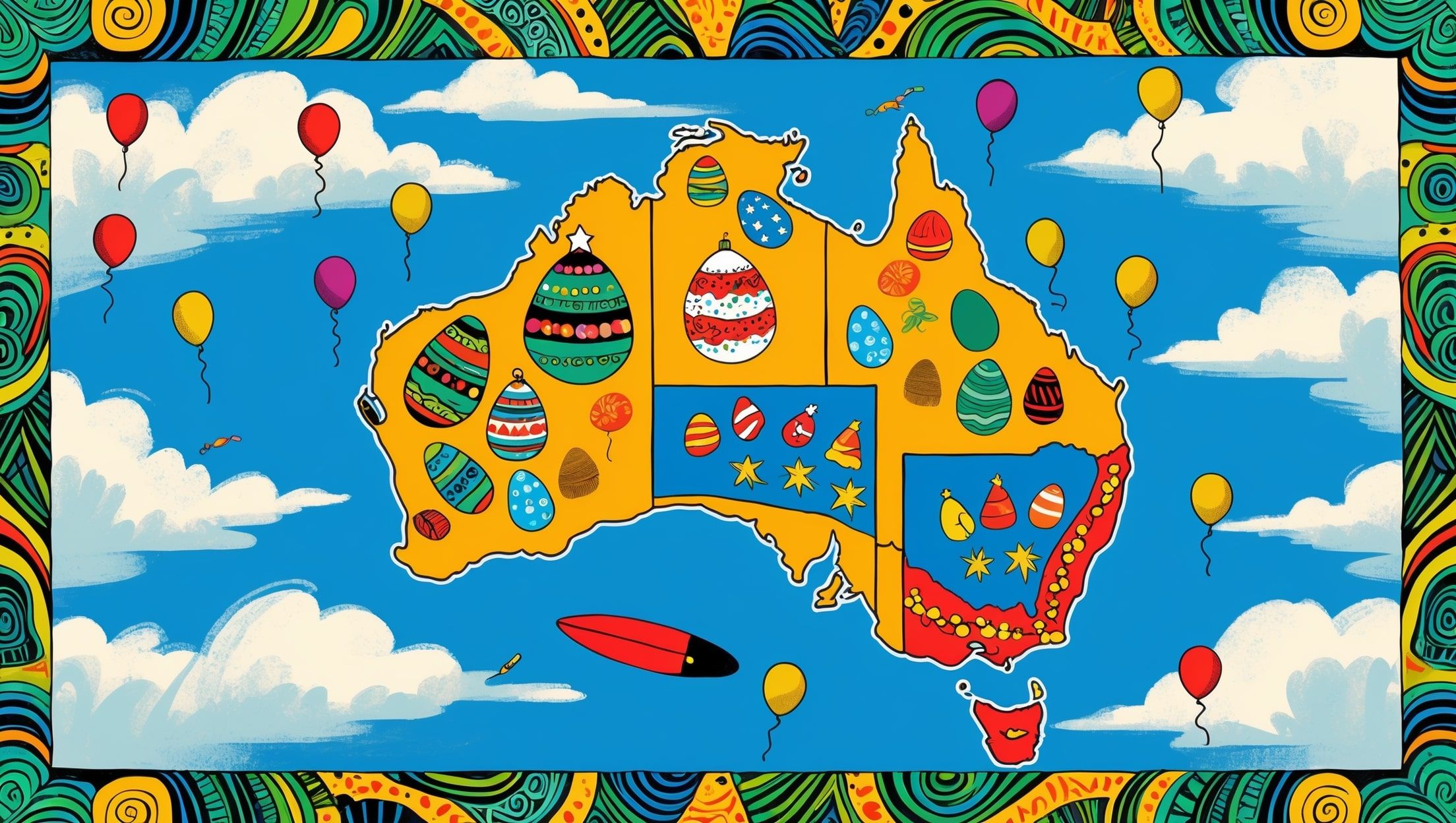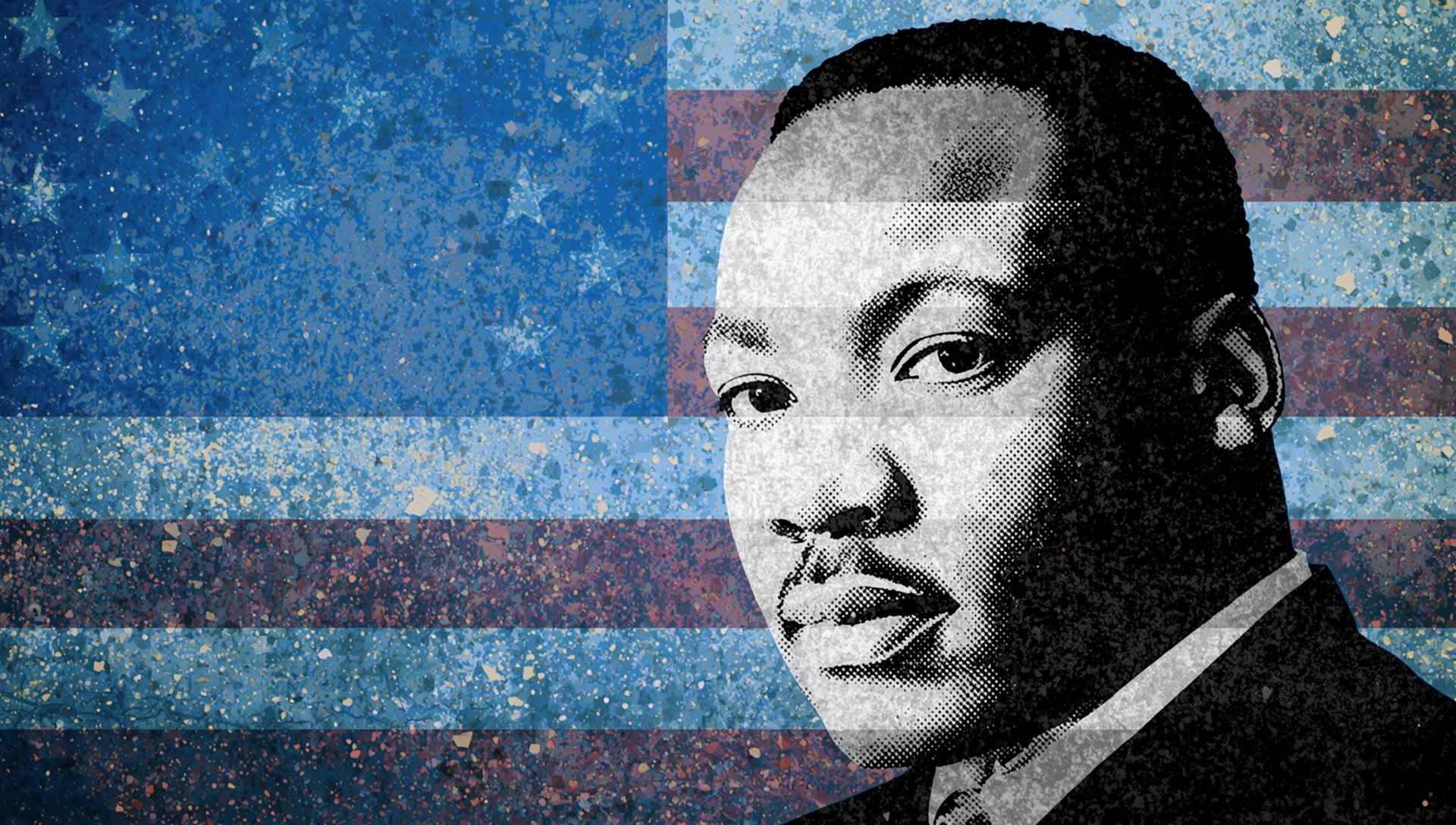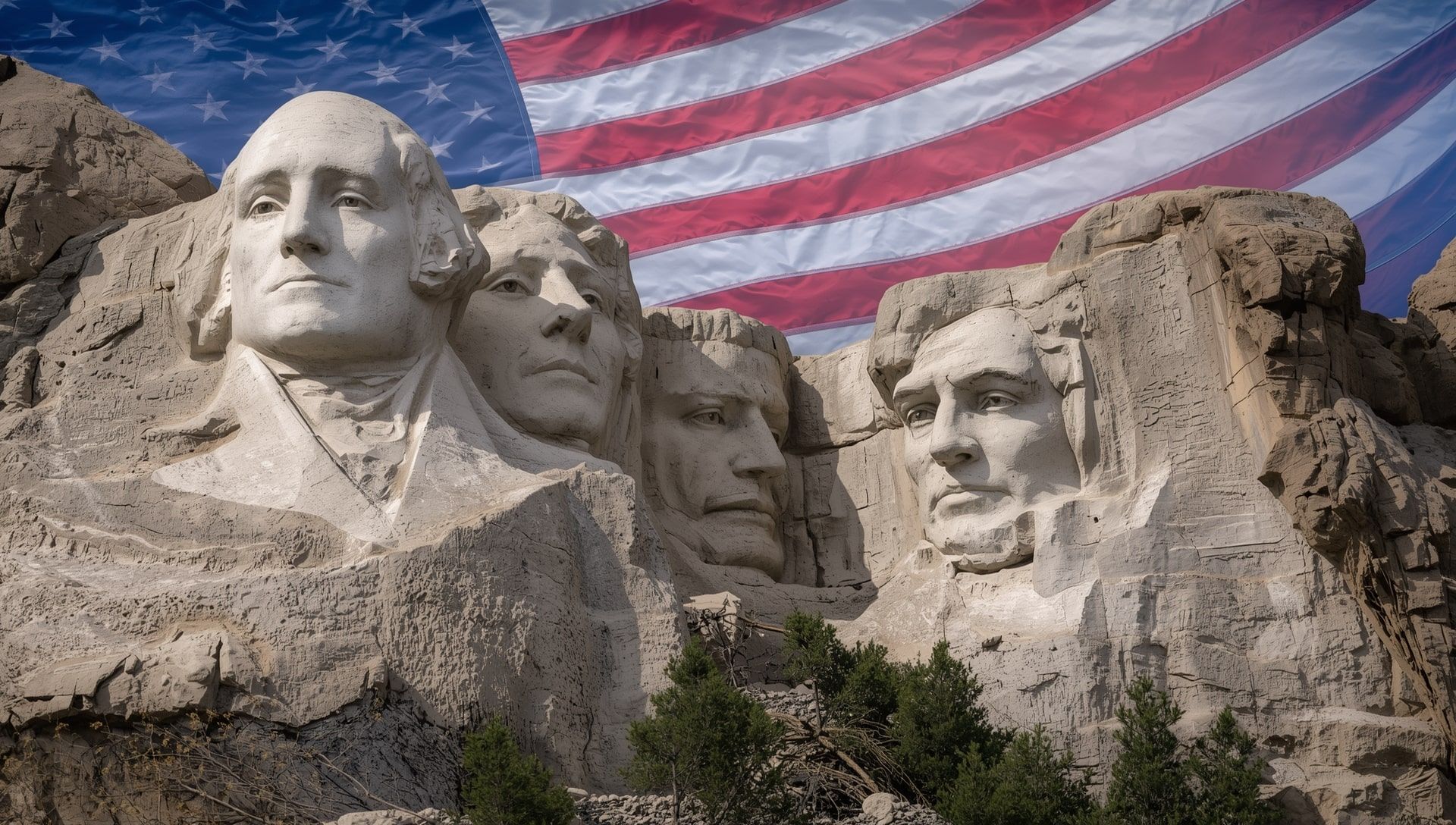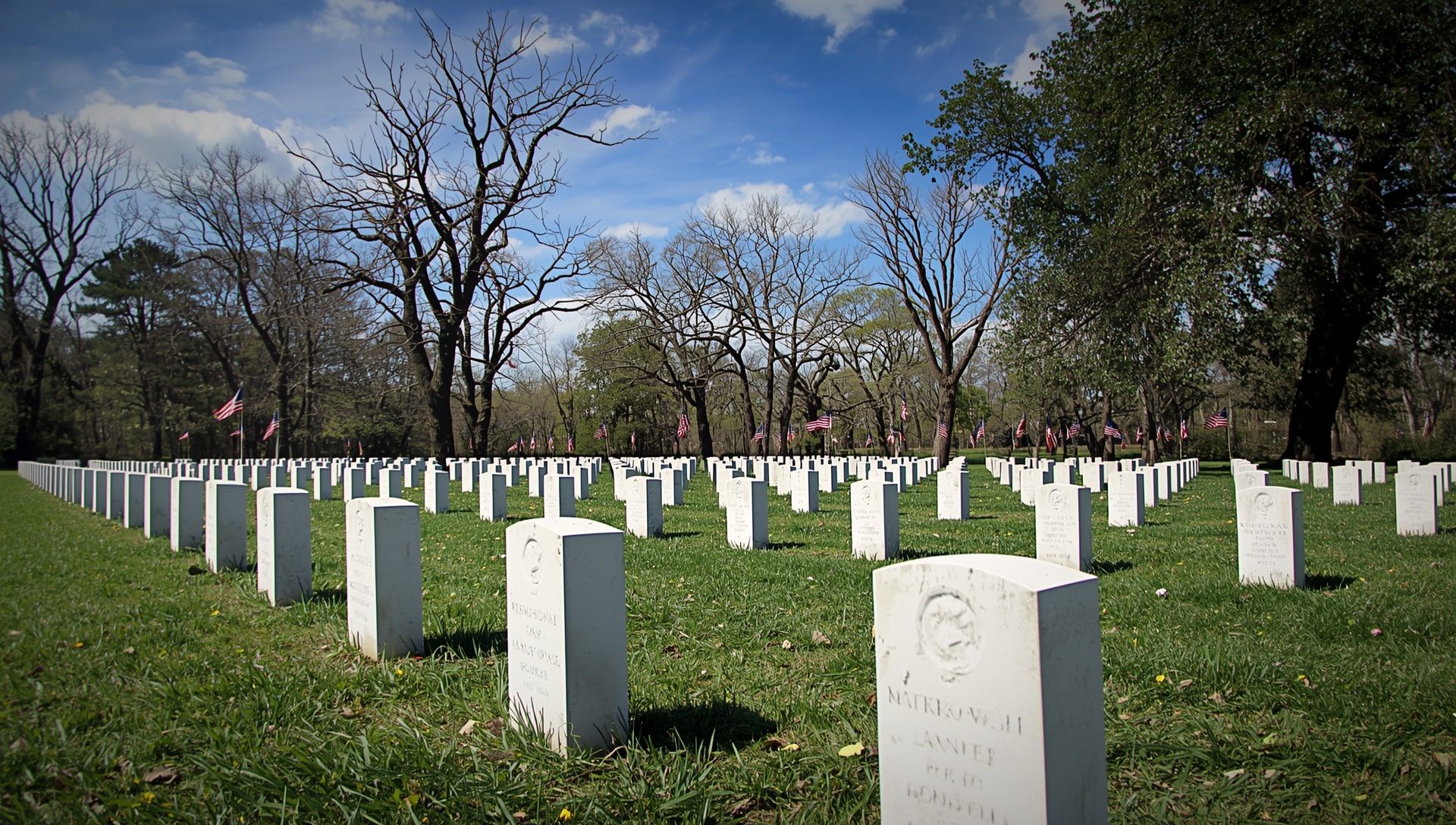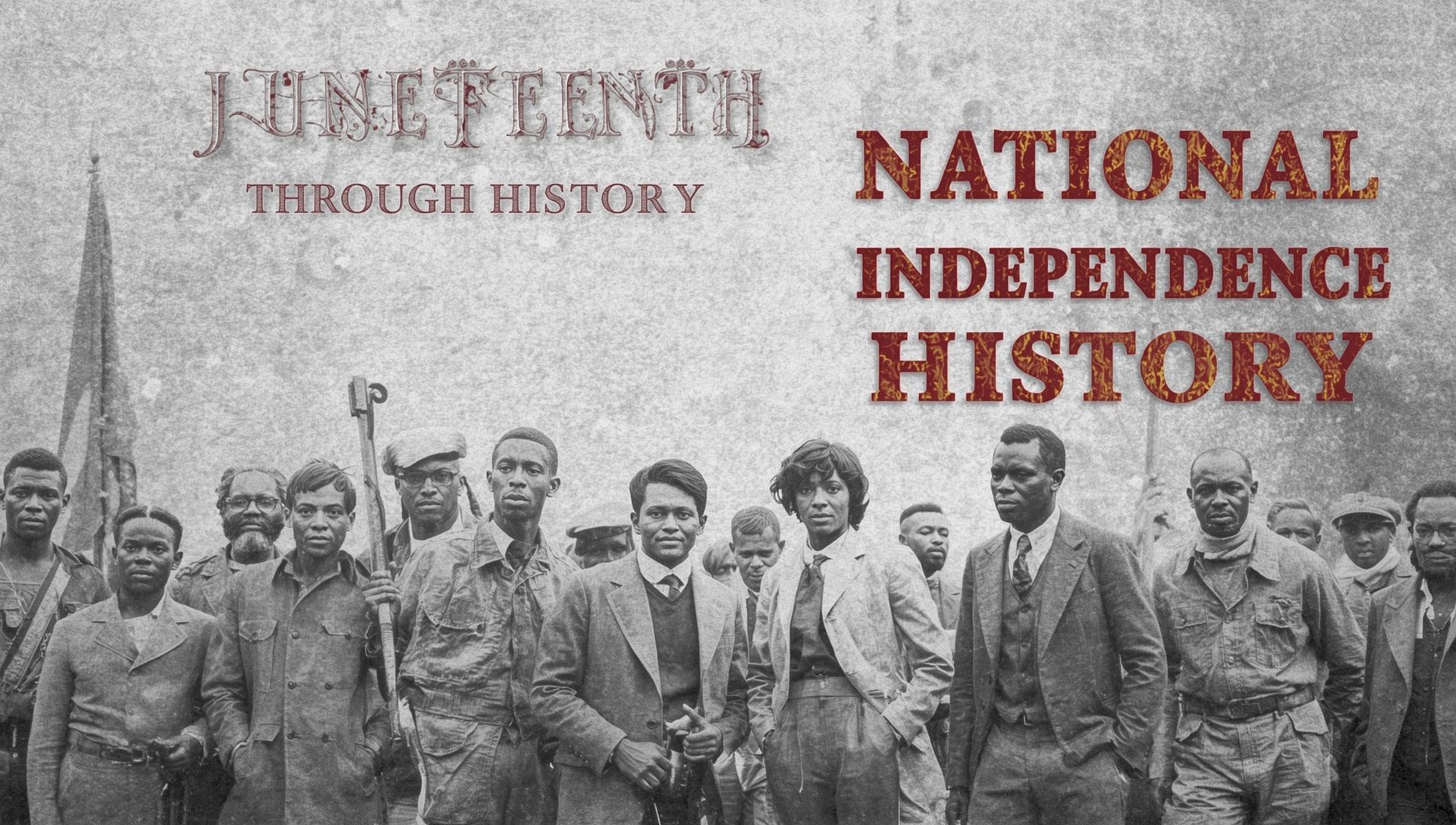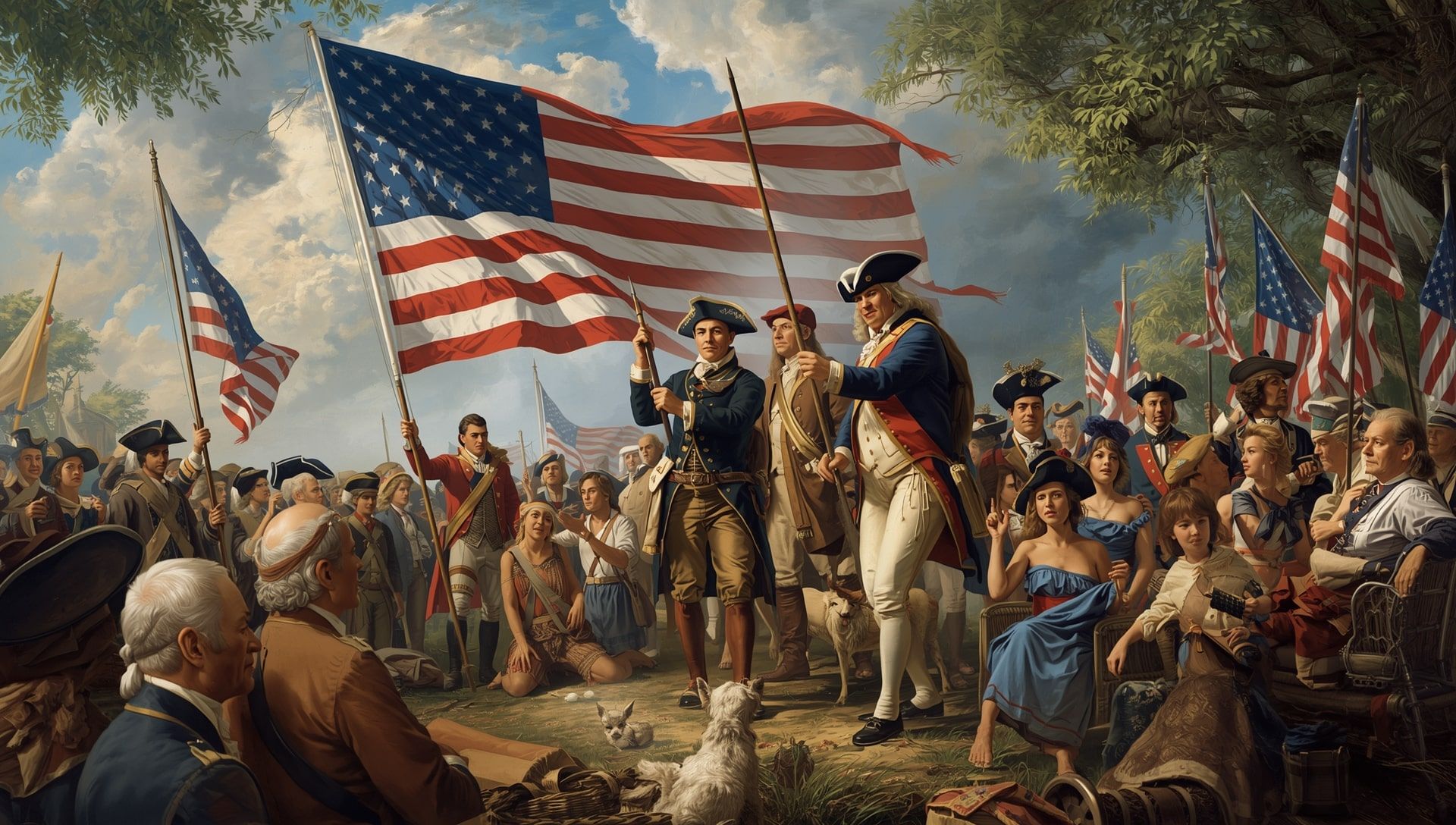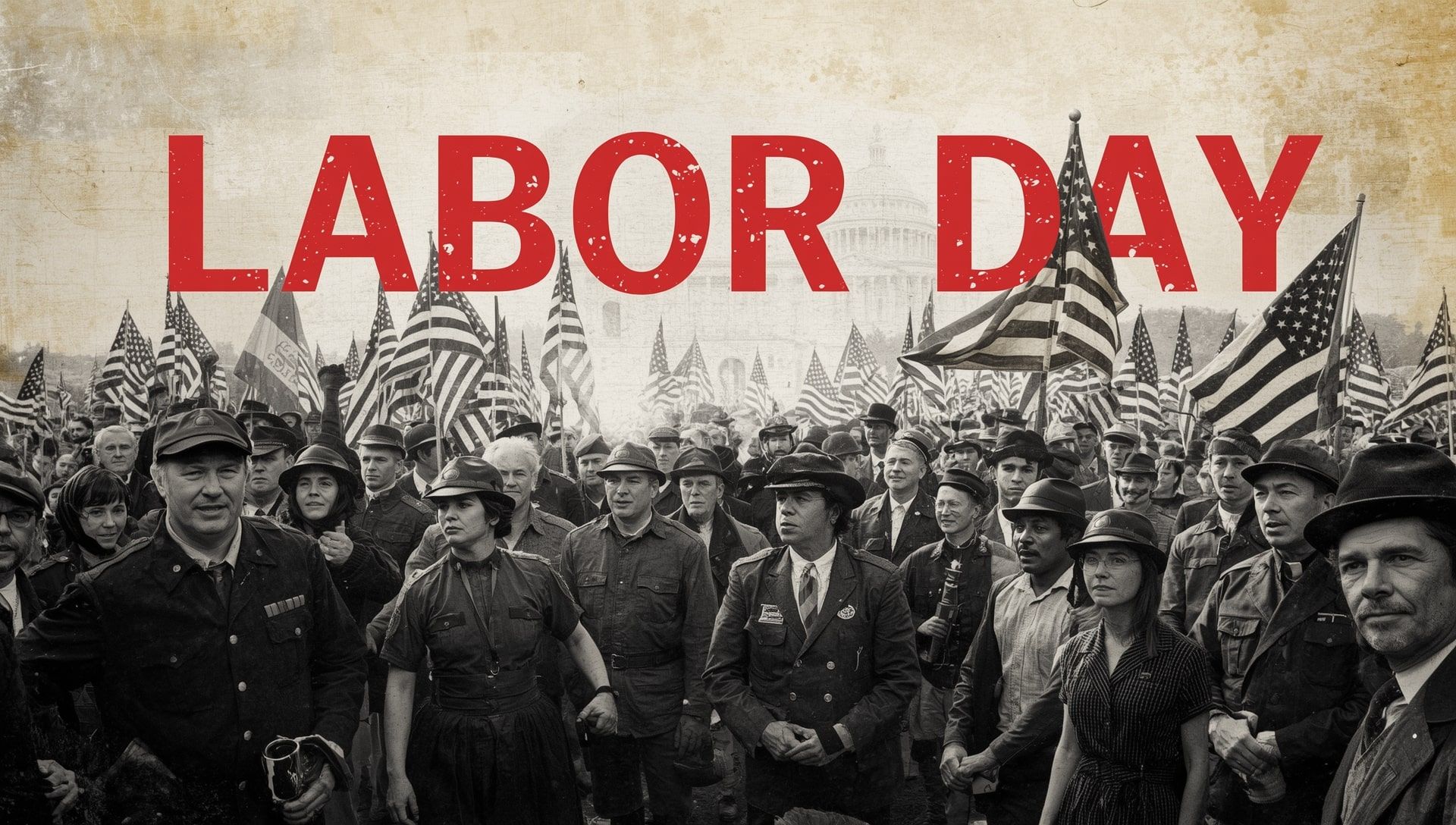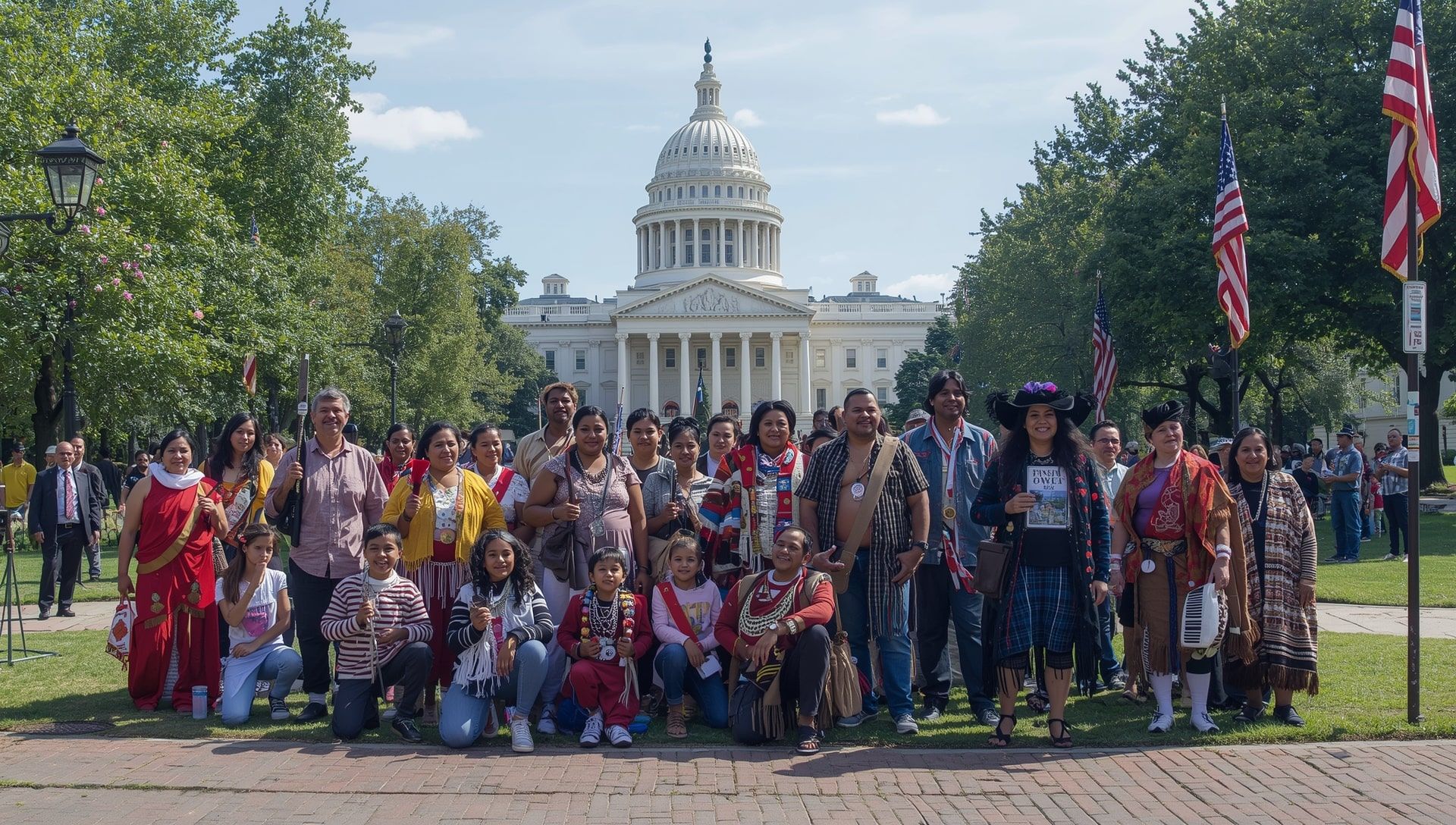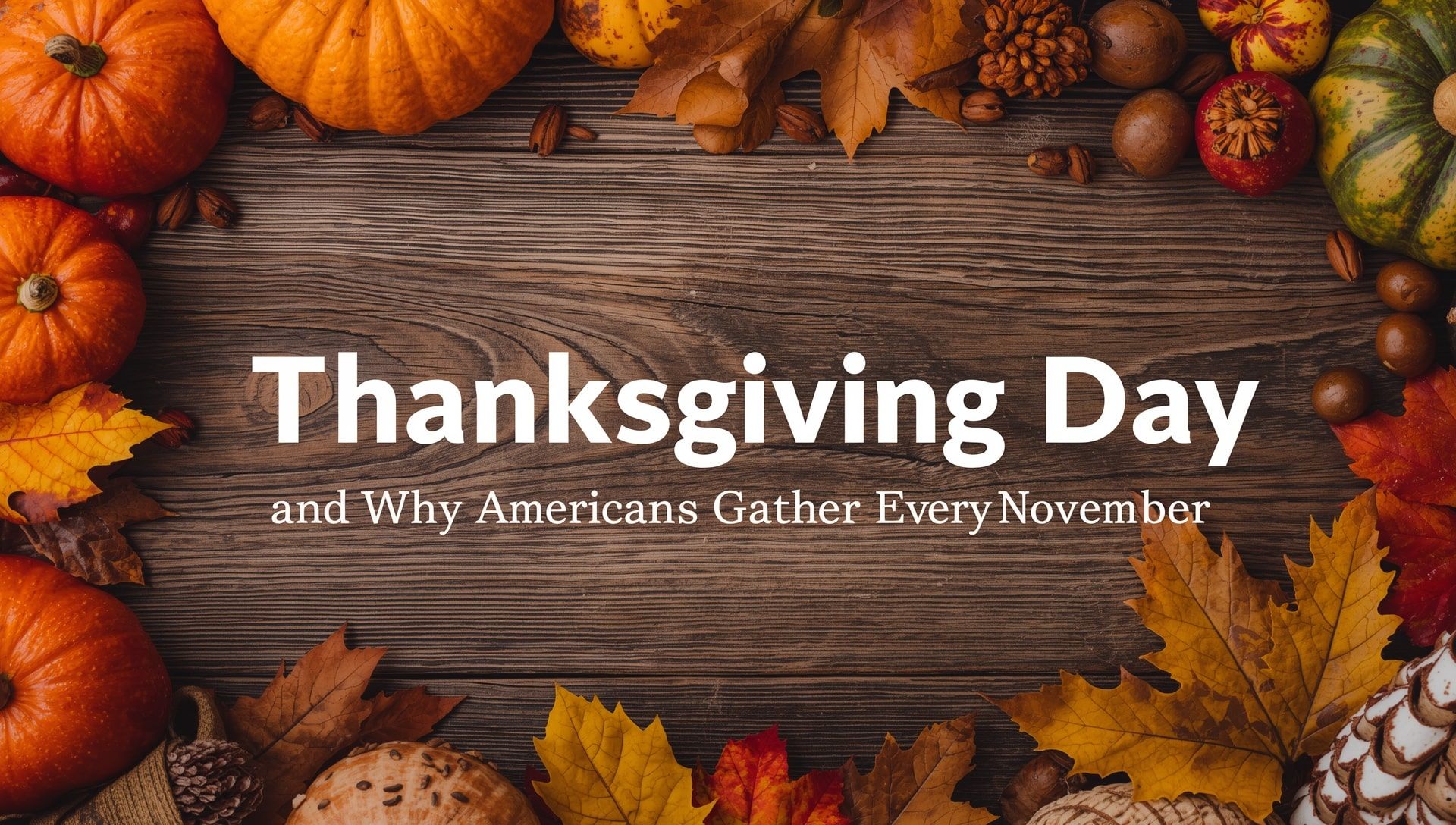Australia loves a long weekend, but not all Aussies are getting the same number of days off. Depending on where you live, your public holiday count could be 10, 12, or even 14. So what’s going on? Why do some states score more public holidays than others? You can explore how different Australian states set their holidays for a deeper look at the variations.
The national holidays everyone gets
There are a few holidays that every Australian gets, no matter where they live. These include:
- New Year’s Day
- Australia Day (26 January)
- Good Friday
- Easter Monday
- ANZAC Day (25 April)
- Christmas Day
- Boxing Day
That’s a total of seven national public holidays. The rest are up to the individual states and territories. You can find a complete list of Australian public holidays by region to plan ahead.
State and territory differences
Each state and territory in Australia has the power to declare its own public holidays. This includes days like Labour Day, the King’s Birthday, and various regional events. That’s why someone in Melbourne might have the day off for the AFL Grand Final while someone in Perth is at work. These variations reflect how regional approaches to holidays can differ even within the same country.
Here’s a snapshot of how it breaks down:
- Victoria: 13 holidays (including AFL Grand Final Friday and Melbourne Cup Day)
- New South Wales: 11 holidays
- Queensland: 11 holidays (plus local show holidays)
- South Australia: 12 holidays (includes Adelaide Cup Day and Proclamation Day)
- Western Australia: 10 holidays (but some dates differ from other states)
- Tasmania: 10–12 depending on region
- Northern Territory: 10 holidays (includes Picnic Day)
- Australian Capital Territory: 11 holidays
Local holidays add even more variety
In addition to statewide holidays, many regions have their own local public holidays. These include agricultural show days, regional races, or cultural celebrations. For example, Brisbane gets a day off for the Ekka, while other cities don’t. These holidays usually only apply to workers in that specific council area. You can also check out how other countries compare in public holiday numbers.
They might not show up on national calendars, but they still count if you're lucky enough to get one.
Why this system exists
Australia is a federation, which means each state has a fair amount of control over its own affairs; including holidays. That’s why you see different school terms, public health rules, and yes, public holidays. The same principle applies globally, as seen in systems managed by the IANA time zone database that standardizes time differences worldwide.
State governments choose holidays based on local history, culture, and political decisions. Some states like to align holidays with big events (like the Melbourne Cup), while others keep things more traditional.
What this means for your time off
If you're planning holidays, moving interstate, or just trying to stretch your annual leave, it helps to know what you’re working with. Living in Victoria might get you an extra long weekend or two compared to someone in Western Australia. That’s not a bad deal if you enjoy your time off.
And if you work in a job that crosses state lines, like logistics, transport, or national customer service, you’ll quickly learn which states are taking the day off and which are powering through.
Where you live really makes a difference
In Australia, public holidays aren’t one-size-fits-all. They’re a patchwork of shared national moments and local traditions. That means your mate in another state might be firing up the barbecue while you're stuck at work. It’s all part of the Australian way, same country, slightly different calendars.
